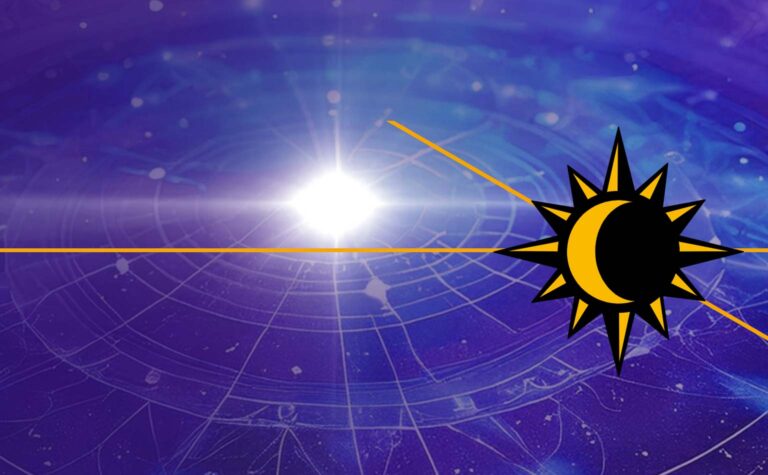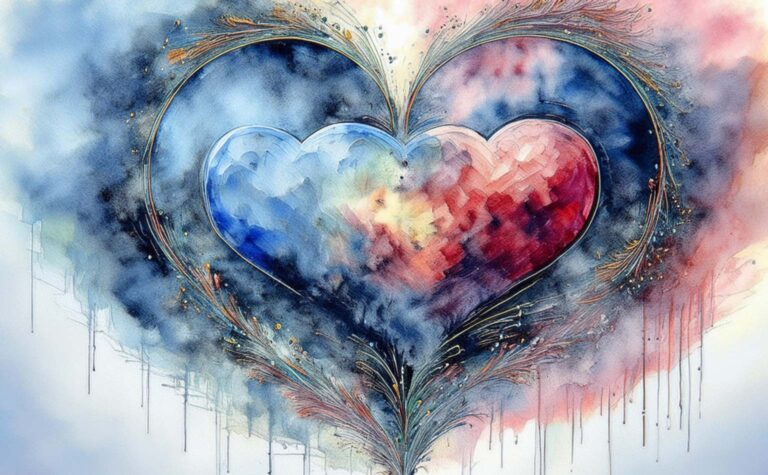I found myself surprisingly disturbed as I listened on BBC i-player to Roisin McAuley’s absorbing BBC Radio 4 documentary, Leaving Mr Wrong (available until Mon, Feb 21st). In fact, it would be fair to say that it really hit me between the eyes how marriage has changed since I was born.
My mother, and most of her generation, would never have dared challenge their husbands. It was socially unacceptable (and therefore unthinkable) to divorce. But as the BBC documentary pointed out, babyboomer wives now seem to be walking away from their long-term partnerships in droves, often leaving their husbands flabbergasted, hurt and lost.
It is a subject close to my heart, since I have also talked about this in my new book Sex, Meaning and the Menopause (coming out in June).
However, listening to Roisin’s interviewees explaining why they left their husbands (reasons ranging from falling out of love, boredom, lack of trust, fed up with being ignored, and one wife being incensed by the amount of time her husband spent on the golf course) was made all the more poignant because a long-time friend has taken the same step only a few days ago, 35 years after I was bridesmaid at her wedding. Rather close to home.
I will never forget the moment when Clare (names and details have been changed), then aged 21, clapped eyes on the Moroccan waiter who was to become her husband.
And, my goodness, she fought for him. Her family were appalled, her friends cynical. And immigration was after him. She ignored her family, hid him in her flat for several weeks, managed to procure a marriage licence for them both, and then married him, with me acting as their witness. His British residency followed soon after. And, soon after that, their first child arrived. Now, that is what I call love.
Like any pair who have slogged their way through decades of togetherness, Clare and her husband had their fair share of problems. But, for me they were always a given. A couple who had beaten the system, faced their sorrows, and appeared stronger for it.
So it was very sad to learn that Clare, now in her late fifties, had had enough. ‘I don’t need a man’ she told me on the telephone. ‘I’ve had enough of him sitting in front of that blasted football, and running up debts on his credit cards. It does my head in. I just want some peace and quiet.’
‘Are you sure about this?’ I asked. ‘Is there nothing that you can both do to save your marriage?’
‘Absolutely nothing,’ she said in the same resolute tones that I remember when her parents tried to talk her out of the marriage in the first place. ‘I don’t love him any more. And I’ve told him so.’
Even though I knew there was nothing more to be said, my once-bridesmaid’s heart did go out to her 65 year-old husband. But of course, as the women taking part in Leaving Mr Wrong made very plain (and, I know myself from leaving my first husband after only seven years of marriage), there is no hope of resurrection when love dies as completely as that.
Clare is now going through the mess of separation and divorce, and, boy, is her once-adoring husband bitter and angry. Similar to the one man that Roisin interviewed for her the radio documentary, he had no idea of what was coming.
Although some men do unquestionably ask for it, I actually feel quite sorry for these once-upon-a-time-Mr-Rights. Rather than curling up into comfortable retirement and older-age companionship, they are thrown back into life, often with little clue of what went wrong, or how to start again.
While self-liberated menopausal and post-menopausal women are pursuing later life on their own terms, their ageing ex-spouses will be desperately searching for a second and usually younger wife, willing to love and care for them.
It just goes to shows how different men and women’s needs can be as we grow older.







4 comments
Charles Cowling
I don’t know that I feel so sorry for these once-upon-a-time Mr Rights. My own experience of growing apart to the point of divorce is that when you’re no longer there for each other, that’s it. Love is not nourished by custom or complacency. There’s got to be that dynamic — or it’s pointless. Perhaps I’m being harsh.
Eileen
Maybe we should move away from thinking in terms of Mr Right or Mr Wrong. To me that sounds so absolute. As we go through our lives we encounter other people. Some people will remain in our lives and we in theirs, others will pass through. Why do we expect marriage to be different?
If we are going to think in terms of Mr Right or Wrong, I can only think back to when I married my first husband. He was Mr Right then, now he is Mr Couldn’t Be More Wrong. Paradoxically enough we both get on quite well these days, but maybe that’s because I can’t imagine being married to him.
What do we mean by ‘love’? It has often struck me that we live in a society where the only kind of love which seems to be valid is so-called romantic love. If we spend our lives chasing after that then we will be disillusioned again and again when the object of our romantic desires turns out to be just another flawed human being. Either we transcend that and learn to love the flawed human being who is before us, or we make the usual mistake of blaming the other person for what is actually our own mistake and spend an awful lot of time making them pay for it. I can speak from experience, since I’ve done it myself.
Eileen
Another thing to bear in mind is that people are living an awful lot longer now than the people of our parents generation. My husband’s aunt and uncle have just celebrated their 67th wedding anniversary. They are happy together given the trials and tribulations of old age, but if you’re not happy then 67 years is an awfully long time to be tied in that situation. Given the increased life expectancy of people these days one could be married for even longer.
I know a number of couples of my generation who admit that the only reason they stay together is because they can’t afford, financially to split up. These relationships grind on in mutual weariness with occasional outbreaks of dull hostility to liven things up. The thought of them dragging on through 67 years or more of it is unutterably depressing.
A few years ago I married again for the second time. There’s a kind of sadness when I think that we might not live for another twenty years and our relationship will be ended by the death of one or other of us.